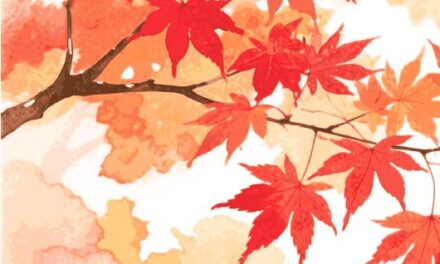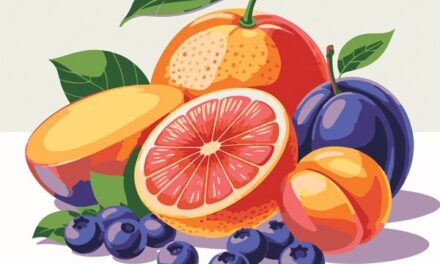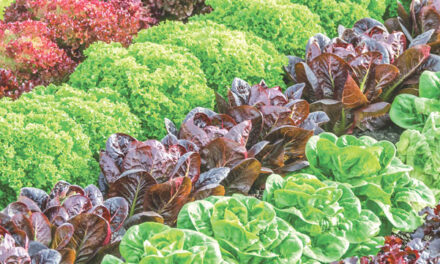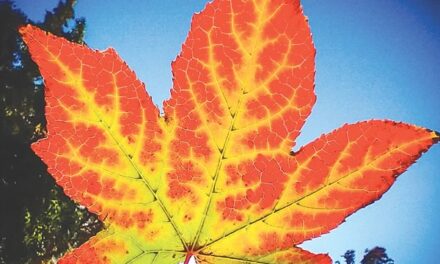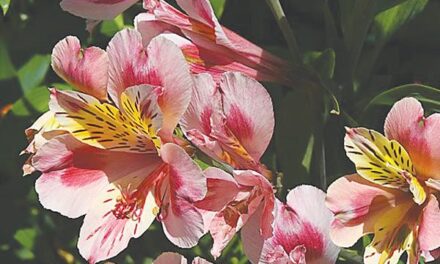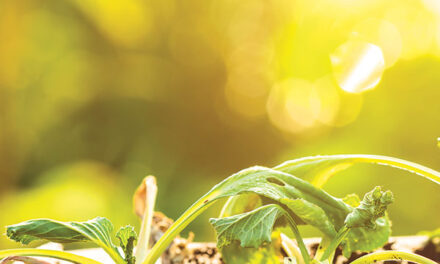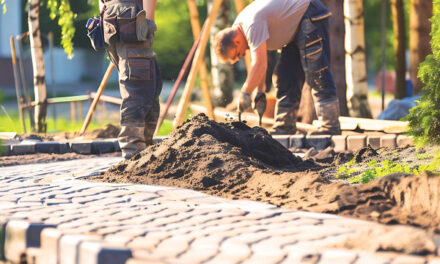Intrepid gardeners venture forth this spring with enthusiasm and confidence that the new growing season will be better than Marie’s Donuts.
Unfortunately, mixed results may be the awful truth. At worst, great expectations of a beautiful garden could shrivel into catastrophic failure. Oof.
Where did we go wrong? In these times of despair, gardeners seek remedies and answers. Be careful where you look. Social media, podcasts and streaming can deliver bad gardening information culled from folklore and misinformation.

Bogus advice is a painful reminder of the minefield gardeners must tiptoe across for solutions.
An article by a South Carolina tomato grower will be of limited help here. Proceed with caution when perusing The Old Farmer’s Almanac. Beware of YouTube videos, podcasts and blogs from faraway places, hosted by “influencers” of dubious repute.
Remember, all gardening is local. The best advice is based on scientific research.
Sacramento has unique gardening guidelines. Summer temperatures are higher in urban areas, cooler in rural locations. What worked five years ago is not necessarily true today.
Smoke and pollutants from wildfires, droughts and water restrictions, extreme summer heat and milder than normal winters affect gardens.
Plants that thrived a decade ago may not work in current conditions. There are sudden events that can transform gardens. A toppled 40-foot redwood instantly transitions a shady garden into full sun and the need for heat-tolerant plants.
Choose reliable sources and avoid advice that encourages the use of kitchen products. Mixing “magic potions” to kill insect pests or weeds often results in killing the plant and the beneficial insects in the vicinity.
Vinegar, Epsom salts, dish soap and hydrogen peroxide are common ingredients for concocting homemade remedies. Resist the urge. They will likely waste your time and money.
Weeds are a major local problem. Heat, coupled with watering, prompts bumper crops of annoying spring and summer weeds. Vinegar, best used in salad vinaigrettes, somehow has been deemed a weapon of mass destruction for weeds. Spray it on and watch weeds shrivel and die! Except that’s not how it usually works.
Grocery store vinegar has around 5% acetic acid, hardly enough to slow stubborn weeds. Horticultural vinegar, with a concentration of 20% or more acetic acid, is much more effective but may be difficult to find in small quantities. It can burn skin and damage eyes if not used properly.
While we take chances spraying any herbicide, keep in mind using a hoe and pulling weeds are both honest labor and environmentally responsible. Applying 3 to 4 inches of bark mulch or woodchips in early spring eliminates a weed problem. No need for herbicides!
Scientific research is where the best gardening information resides. It debunks myths and mistruths. It promotes sustainability, environmental responsibility, and healthier plants and soil.
If you are unsure about the best way to proceed, check these local sources:
The UC Master Gardeners of Sacramento County website at sacmg.ucanr.edu is an information bonanza. Or call the help desk Monday through Thursday, 9 a.m.–noon and 1–4 p.m., at (916) 876-5338. The Facebook page is informative and entertaining, as is the YouTube Channel.
Fred Hoffman’s website at farmerfred.com and podcast “Garden Basics with Farmer Fred” are folksy and loaded with local scientific information.
Sacramento Digs Gardening blog at sacdigsgardening.californialocal.com is available on several platforms, including Facebook, Instagram and X. Content focuses on local gardening and cooking garden edibles. It’s provided by Debbie Arrington, a master rosarian, and Kathy Morrison Hellesen, a UC master gardener.
Other go-to sites are UC Davis Arboretum and Public Garden at arboretum.ucdavis.edu and Sacramento Tree Foundation at sactree.org.
Choose wisely, my friends.
Dan Vierria is a University of California Cooperative Extension Master Gardener for Sacramento County. He can be reached at masterg29@gmail.com. For answers to gardening questions, contact UCCE Master Gardeners at (916) 876-5338, email mgsacramento@ucanr.edu or visit sacmg.ucanr.edu. Follow us on Facebook and Instagram: @insidesacramento.



